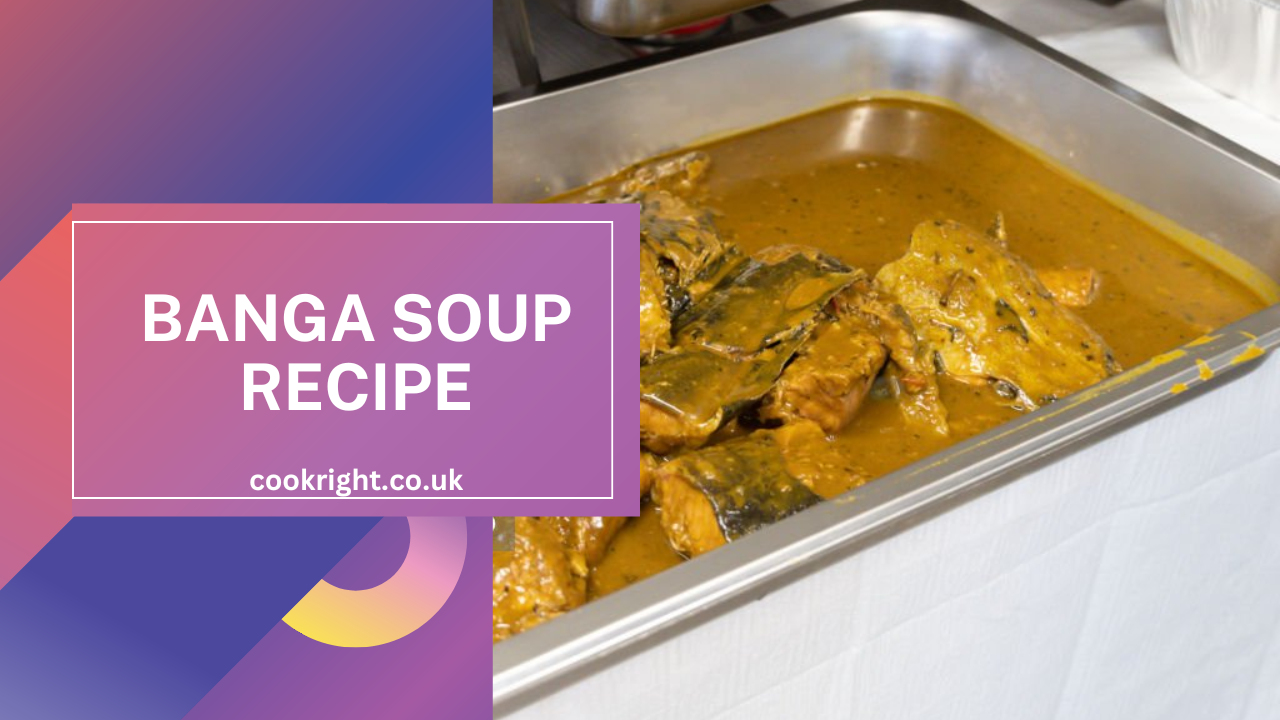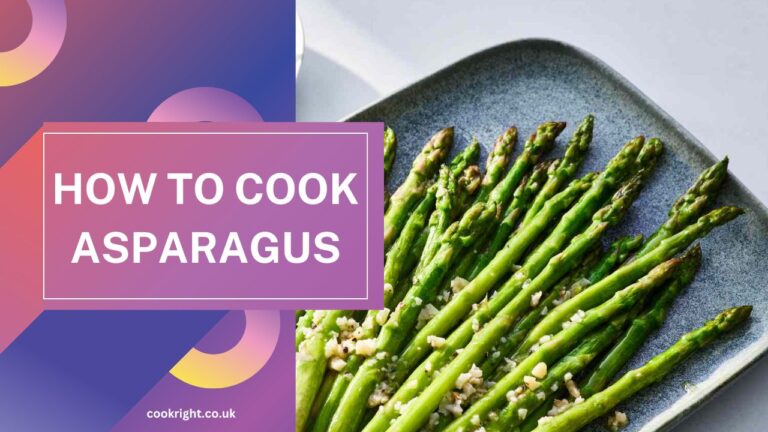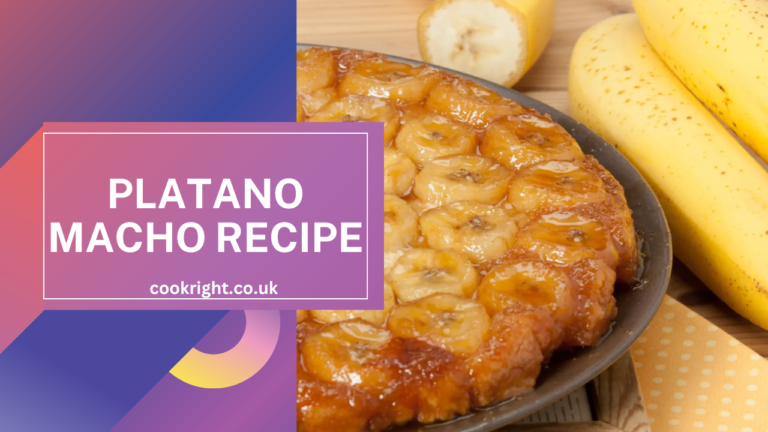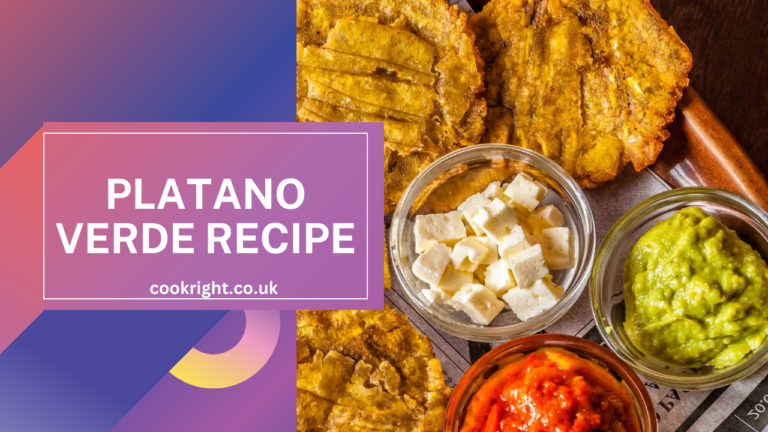Banga soup is a rich and flavorful dish native to the Urhobo, Itsekiri, and other tribes in the Niger Delta region of Nigeria. It is also popular in other West African countries, such as Ghana, where it is known as “Abenkwan.” Made from palm nut fruit extract, this soup is well-loved for its aromatic and earthy taste, thanks to the blend of traditional spices unique to this region. Whether served with starch, eba, fufu, or rice, Banga soup is a delicacy that brings families together. In this guide, we will walk you through an elaborate step-by-step process of preparing Banga soup, ensuring that you can recreate this beloved dish in your kitchen.
Ingredients
Before diving into the cooking process, let’s take a look at the key ingredients you’ll need to make Banga soup:
- Palm nut fruit (Banga) – 6 cups
- Fresh fish or meat (catfish, beef, goat meat, or dried fish) – 500g
- Banga spices (oburunbebe stick, ataiko, and irugeje) – 2 tablespoons
- Crayfish – 2 tablespoons (ground)
- Ground pepper (or fresh Scotch bonnet peppers) – to taste
- Bitter leaves (or dried scent leaves) – a handful
- Onions – 1 medium-sized (optional)
- Seasoning cubes – 2-3
- Salt – to taste
- Periwinkles (optional) – 1 cup (washed and de-shelled)
- Stockfish or dry fish – 1-2 pieces
- Water – as needed
Step-by-Step Preparation
Step 1: Prepare the Palm Nut Extract
The foundation of Banga soup lies in the palm nut extract. If using fresh palm nuts:
- Boil the Palm Nuts: Place the palm nuts in a large pot, add enough water to cover them, and boil for about 20-30 minutes until the nuts are soft. You can check by pressing one of the nuts with your fingers; if it crushes easily, it’s ready.
- Pound the Nuts: Drain the water and transfer the boiled nuts into a mortar. Using a pestle, gently pound the nuts to extract the oil. Be careful not to break the nuts completely; just pound enough to loosen the skin.
- Extract the Juice: Transfer the pounded nuts into a large bowl and pour hot water over them. Stir and squeeze the nuts to extract the oil into the water. Strain the mixture into another pot, using a sieve to separate the nuts from the liquid. This liquid is your palm nut extract. Repeat the process once or twice more with the nuts to extract as much juice as possible.
- Boil the Extract: Pour the strained palm nut juice into a pot and set it on the stove. Allow it to boil for about 20 minutes until it thickens and the oil begins to float on top.
Step 2: Prepare the Meat and Fish
- Season the Protein: While the palm nut extract is boiling, season your choice of protein (meat, fish, or a combination) with salt, seasoning cubes, and a bit of ground pepper. Let it marinate for about 10 minutes.
- Cook the Meat: If using meat, such as beef or goat, cook it separately in a pot with water, adding some onions and seasoning for flavor. Cook until tender, then set aside. For fish, it’s best to add it directly into the soup later to prevent it from breaking apart.
- Prepare the Stockfish: If using stockfish, soak it in hot water for about 10 minutes to soften it. Rinse thoroughly to remove sand and dirt, then break it into smaller pieces.
Step 3: Cook the Banga Soup
- Add the Protein to the Palm Nut Extract: Once the palm nut extract has thickened, add the cooked meat, stockfish, dried fish, or any other protein of your choice. Let it simmer together on medium heat.
- Incorporate the Banga Spices: Add the Banga spices (oburunbebe stick, ataiko, and irugeje) to the pot. These spices give Banga soup its unique flavor. You can also use pre-made Banga spice mix if you don’t have these traditional spices available. Stir well.
- Season the Soup: Add the ground crayfish, seasoning cubes, and salt. Stir the mixture well and taste to adjust the seasoning as needed.
- Add the Periwinkles: If using periwinkles, add them at this stage. They add a delightful chewiness to the soup and are a favorite in many traditional Nigerian dishes.
- Simmer and Adjust Consistency: Allow the soup to simmer for another 10-15 minutes. If the soup is too thick, you can add a little water to achieve your desired consistency. The soup should be rich but not watery.
- Finish with Leaves: Add the bitter leaves or dried scent leaves towards the end of the cooking process. Bitter leaves add a slight bitterness that balances the richness of the palm nut, while scent leaves contribute a fragrant aroma to the soup. Allow the leaves to cook for about 5 minutes.
Step 4: Serve Your Banga Soup
Once your Banga soup has reached the desired consistency and flavor, remove the oburunbebe stick (if used). Serve hot with your preferred side dish. Banga soup pairs exceptionally well with starch, eba, fufu, or white rice.
Tips for the Perfect Banga Soup
- Use Fresh Ingredients: Fresh palm nuts, fresh fish, and fresh leaves will enhance the flavor of your soup. If using canned palm nut extract, ensure it’s of good quality.
- Spice Balance: The key to authentic Banga soup lies in the traditional spices. If you can’t find oburunbebe stick or other Banga spices, look for a pre-made Banga spice mix from an African store. Be careful with the quantity of spices to avoid overpowering the soup.
- Consistency: Banga soup should not be too thick or too watery. If it thickens too much while cooking, add a little more water. Conversely, if it’s too watery, let it boil down further.
- Avoid Overcooking the Fish: If using fresh fish, add it towards the end of the cooking process to prevent it from disintegrating in the soup.
Nutritional Benefits of Banga Soup
Banga soup is not just delicious; it’s also packed with nutrients. Palm nuts are rich in vitamins A and E, which are good for eye health and skin. The addition of fish or meat provides protein, while the leaves add essential vitamins and minerals. It’s a hearty dish that offers a balanced meal, making it a great choice for anyone looking to enjoy a healthy traditional Nigerian meal.
Conclusion
Banga soup is a timeless dish that showcases the rich culinary heritage of the Niger Delta region. Its deep, earthy flavors and aromatic spices make it a favorite across Nigeria and beyond. By following this detailed guide, you can bring the taste of authentic Banga soup to your kitchen, whether you’re cooking for your family, friends, or simply enjoying a delicious bowl on your own. So gather your ingredients, set your pots on the stove, and dive into the delightful world of Banga soup. Enjoy!








